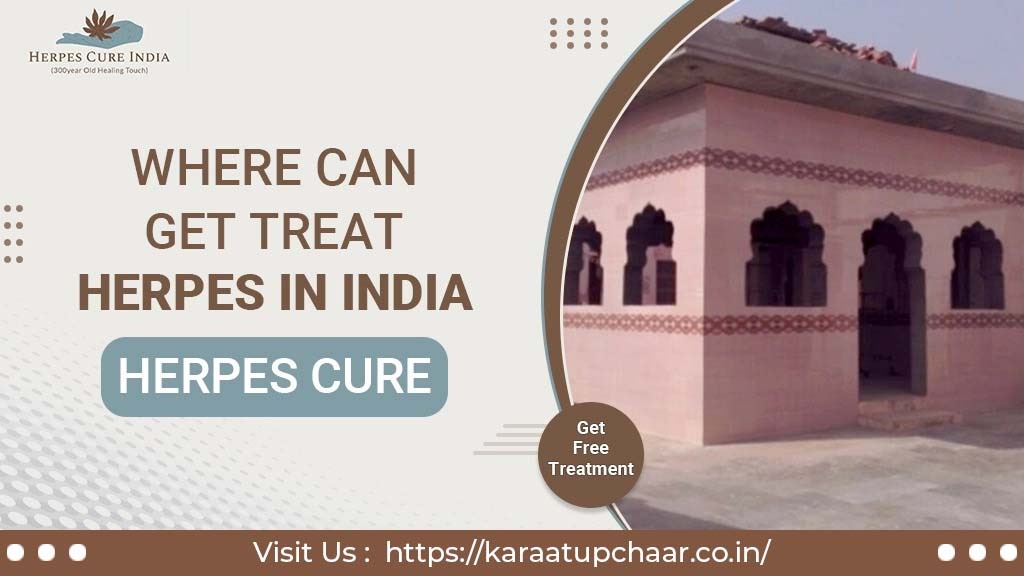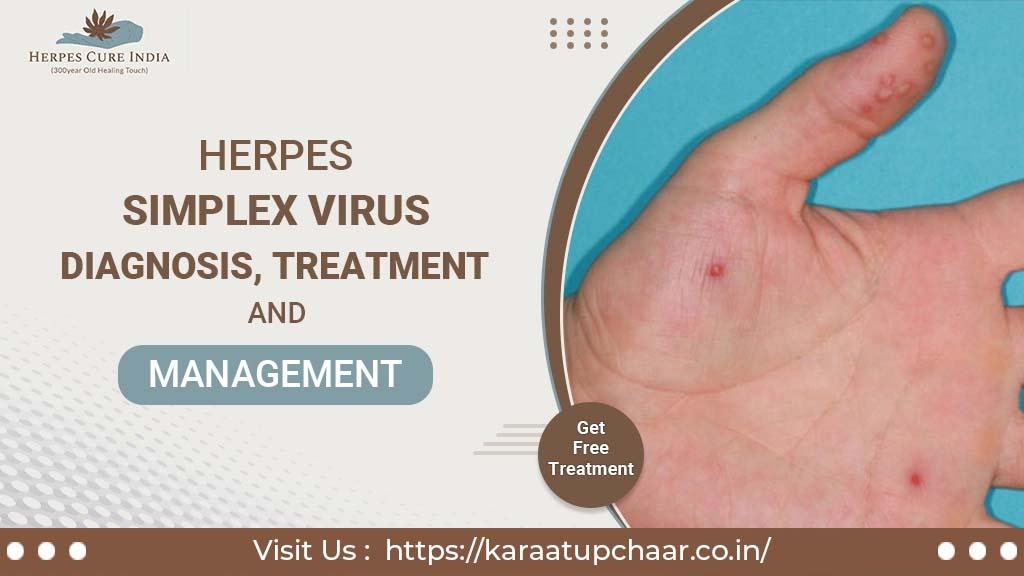
Where Can I Treat Herpes in India – Herpes Cure
How to Treat Herpes in India?
Herpes genitalis, also known as genital herpes, is a sexually transmitted disease caused by the herpes simplex virus (HSV). In India, we offer an amazing oil treatment that can help Treat Herpes in India, manage symptoms, and reduce the frequency and severity of outbreaks.
Our antiviral oils, including acyclovir, valacyclovir, and famciclovir, can help reduce the severity and duration of outbreaks. These oils not only help to treat Herpes in India but also reduce the risk of transmitting the virus to others.
What to Avoid During Treatment to Effectively Treat Herpes in India
When treating herpes genitalis, it’s crucial to avoid certain triggers that can worsen symptoms or cause outbreaks. To effectively Treat Herpes in India, avoid the following:
- Sexual Activity: Avoid sexual intercourse during a herpes outbreak, as it increases the risk of transmitting the virus to your partner.
- Stress: Stress weakens the immune system and can trigger outbreaks. Managing stress through exercise, meditation, and therapy is essential when you want to Treat Herpes in India.
- Alcohol and Drugs: Substance abuse can weaken the immune system, making it harder to manage herpes. It’s important to avoid these during treatment.
- Tight or Irritating Clothing: Wearing loose clothing, especially around the genital area, can help prevent outbreaks and ease symptoms during the treatment.
How to Treat Herpes on the Face in India
Many people are unaware of how to treat Herpes in India when it appears on the face. Often mistaken for heat rash or chickenpox, facial herpes is actually a different type of virus that spreads quickly. According to a recent World Health Organization report, two-thirds of people under the age of 50 have herpes simplex virus 1 (HSV-1), also known as oral herpes.
Treat Herpes in India effectively by recognizing it early and using appropriate treatments. Herpes simplex virus is one of the most common infections worldwide, and it can cause painful blisters or ulcers on the face. Despite the prevalence of HSV-1 and HSV-2, many people lack knowledge about how to Treat Herpes in India.
Important Facts to Know When You Treat Herpes in India
Nearly everyone has been exposed to herpes, and the number of people with genital herpes is increasing. HSV-1, which typically causes cold sores, is now more commonly transmitted through oral sex, leading to genital herpes.
You can Treat Herpes in India with various methods, but awareness and prevention are key. HSV-1 and HSV-2 can both be spread through skin-to-skin contact, even when no symptoms are present. This makes it important for sexually active individuals to get tested and understand how to Treat Herpes in India effectively.
Why It’s Crucial to Treat Herpes in India
Herpes is a virus that spreads through direct contact. In India, it’s important to treat Herpes because the virus can remain dormant and then reactivate, leading to outbreaks. Even if symptoms are mild, the virus can still be transmitted to others.
In particular, the relationship between HSV-2 and HIV highlights the importance of managing herpes. Those with compromised immune systems, such as people living with HIV, may experience more severe HSV symptoms. Using condoms and avoiding contact during outbreaks are essential strategies to Treat Herpes in India and prevent the spread of the virus.
How to Recognize and Treat Herpes in India
Most people with herpes don’t know they have it because they never develop symptoms. However, even without symptoms, the virus can still be transmitted. In India, most doctors won’t test for HSV unless symptoms are present, making it even more important to be proactive in managing and treating herpes.
Honesty with partners, using protection, and avoiding contact during outbreaks are effective ways to Treat Herpes in India and prevent its spread.
If you want to receive free herpes treatment from us, visit our website or contact us:
Call Us:
Raj Dulari (Hargovind Chahcha) – 9954064243
Manoj Agarwal / Sushil Agarwal (Son) – 9435115363 / 9435015362
Kamal Agarwal (Hargovind Chahcha) – 9013289821

